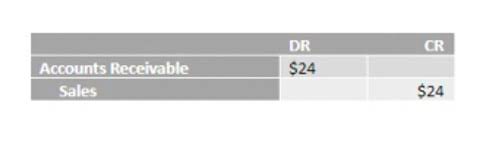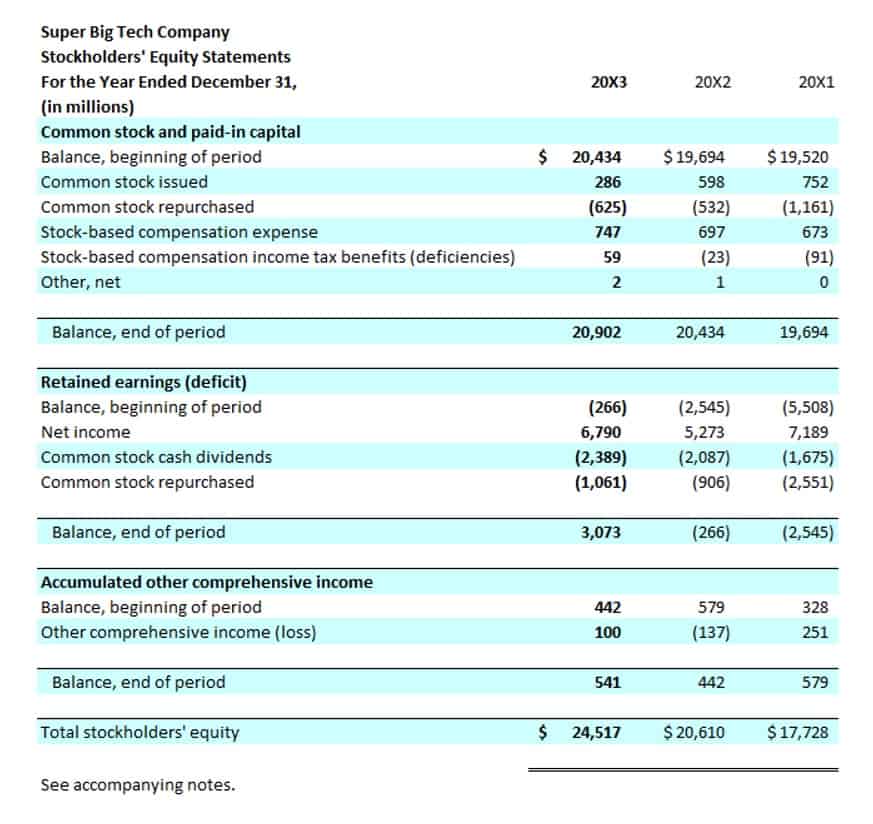
The examples below cover special cases, like taxes, inventory, and customer disputes, where proper handling is essential for compliance. Credit sales occur when you provide goods or services but expect payment later. You issue an invoice with specific payment terms, usually ranging from 15 to 90 days. These examples show how credit sale journal entries change based on the type of sale. Every student must practice these examples to understand the concept well.

Timely Payments
- On the income statement, one must register the sale as a rise in sales revenue, cost of goods sold, and expenses.
- After winding up of ARES, the outstanding balance on ARES account is not recoverable.
- This way, you can balance your books and report your income accurately.
- It affects the interpretation of ratios, income recognition, and cash flow analysis.
Properly recording this ensures that income is reported accurately and the balance of receivables is up to date in the financial records. This process is essential for managing cash flow, customer balances, and preparing financial statements. Accurately recording credit sales journal entries is crucial for reflecting your business’s revenue, profitability, and outstanding receivables. You can make smarter financial decisions and manage your money more effectively if you know how these entries affect your balance sheet and income statement. Proper tracking of credit sales helps maintain accurate records, prevents errors, and enhances cash flow management.

Capital & Revenue Expenditure & Receipts

For example, if you see that sales are slow during certain months or times of day, you can take steps to address the issue. Say you agree to a 30-day credit policy with multiple customers who delay payment by several months. credit sales are recorded as With each month that passes, your debt incurs interest and late payment fees. Your service immediately becomes more accessible and addresses the client’s concerns about cash flow.
Financial Statements for Limited Companies

They capture physical goods and services, creating a formal record of all your revenue-generating activities. It affects the interpretation of ratios, income recognition, and cash flow analysis. One of the main benefits of credit sales is access to a https://www.idabutik.com.tr/retained-earnings-calculation-formula-examples/ broader market. When a business offers the opportunity to buy on credit, it attracts a wider range of new customers, including those who may not have the funds to make an immediate purchase. It can increase sales volume, enabling the business to grow more quickly and giving you an advantage over competitors who cannot offer this arrangement.
- The credit sale is recorded on the balance sheet as an increment in Accounts Receivable, with a decrease in inventory.
- The journal entry includes a debit to the Accounts Receivable and a credit to the Sales account.
- Effective management of debtors is crucial to ensure timely payments and maintain healthy cash flow.
- In addition, one must keep track of five types of accounts when doing double-entry bookkeeping.
- Net credit sales are crucial in evaluating a company’s credit management through financial ratios.
- For instance, credit card sales involve processing fees that reduce the actual cash you receive.
- In this case, the company sold goods worth ₹20,000 to Ramesh on credit.
What is the Difference Between a Cash Sale and a Credit Sale Entry?
A sales credit journal entry is typically used when a business ships Mental Health Billing merchandise to a customer who hasn’t yet paid for it. For example, let’s say you run a furniture store and sell a couch to a customer on credit. The customer has agreed to pay for the couch in monthly instalments.
Calculate bad debt
The sales revenue account is credited to record the income earned from selling the laptops. This transaction increases both the company’s assets (cash) and its equity (through sales revenue). A well-managed accounts receivable process ensures timely collection of payments, improves cash flow, and minimizes the risk of bad debts. By monitoring accounts receivable effectively, businesses can enhance their financial performance and maintain a healthy balance sheet. Knowing when to make a journal entry can help you keep your financial records up-to-date and manage receivables more efficiently. Let’s look at examples of how credit sales journal entries are recorded in real business scenarios.





